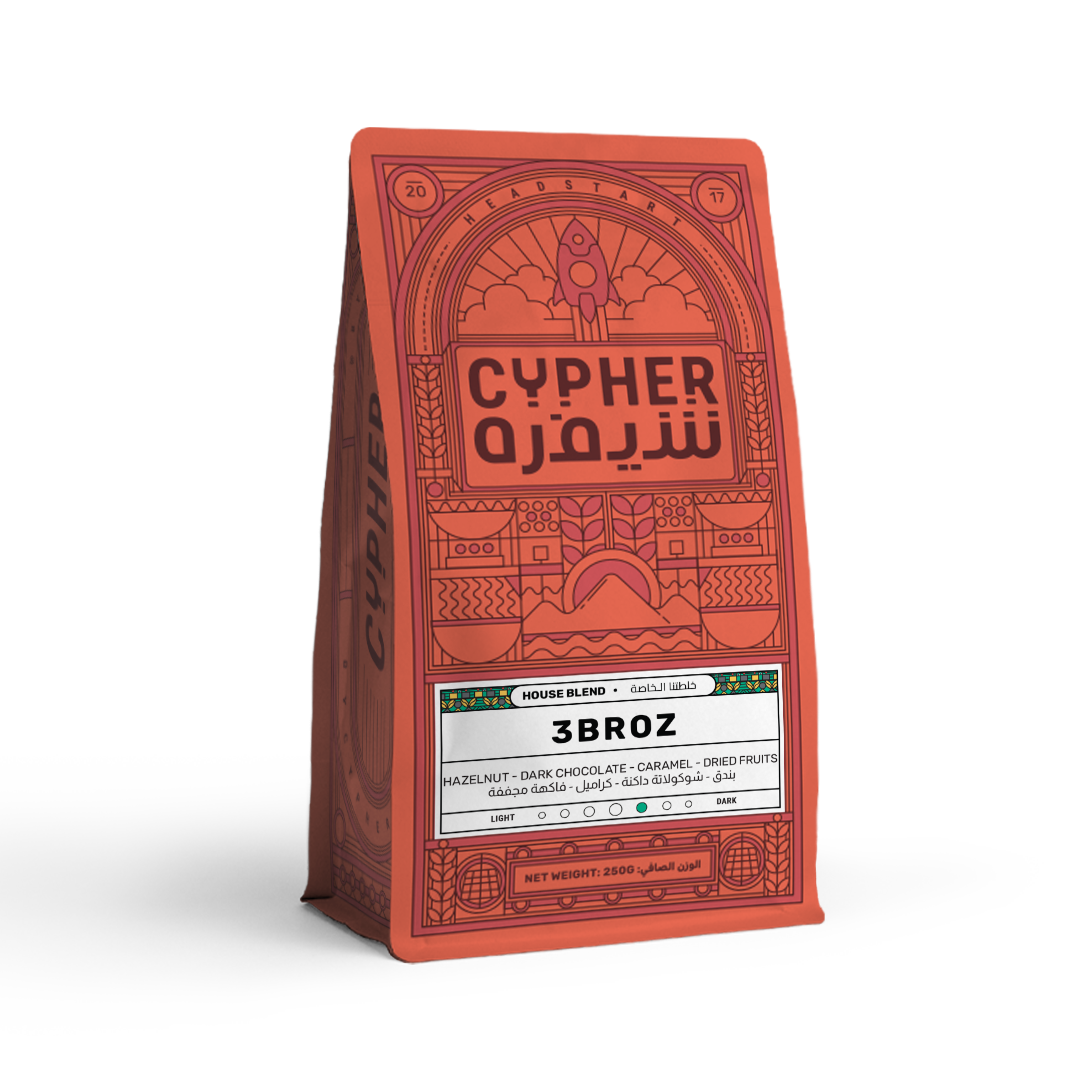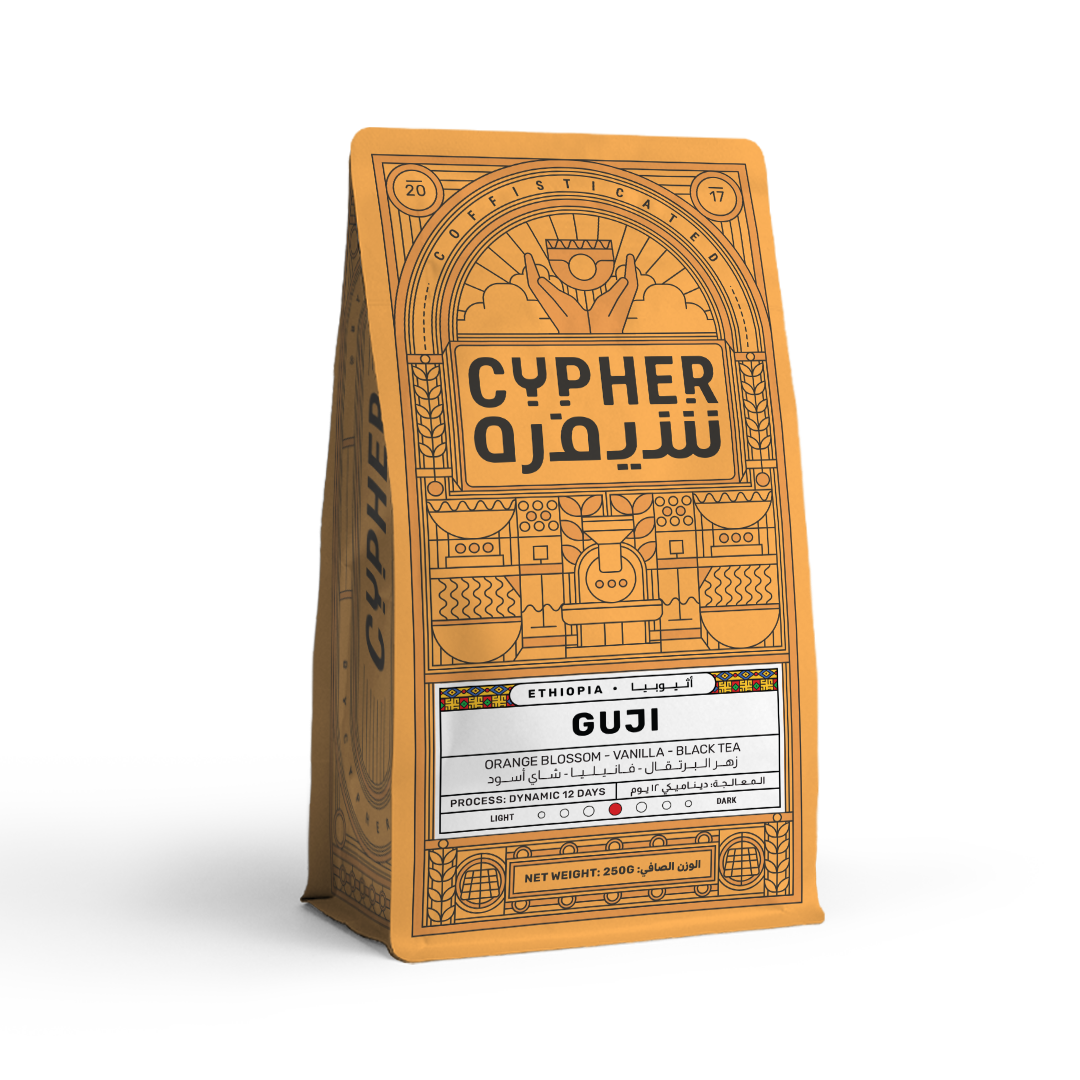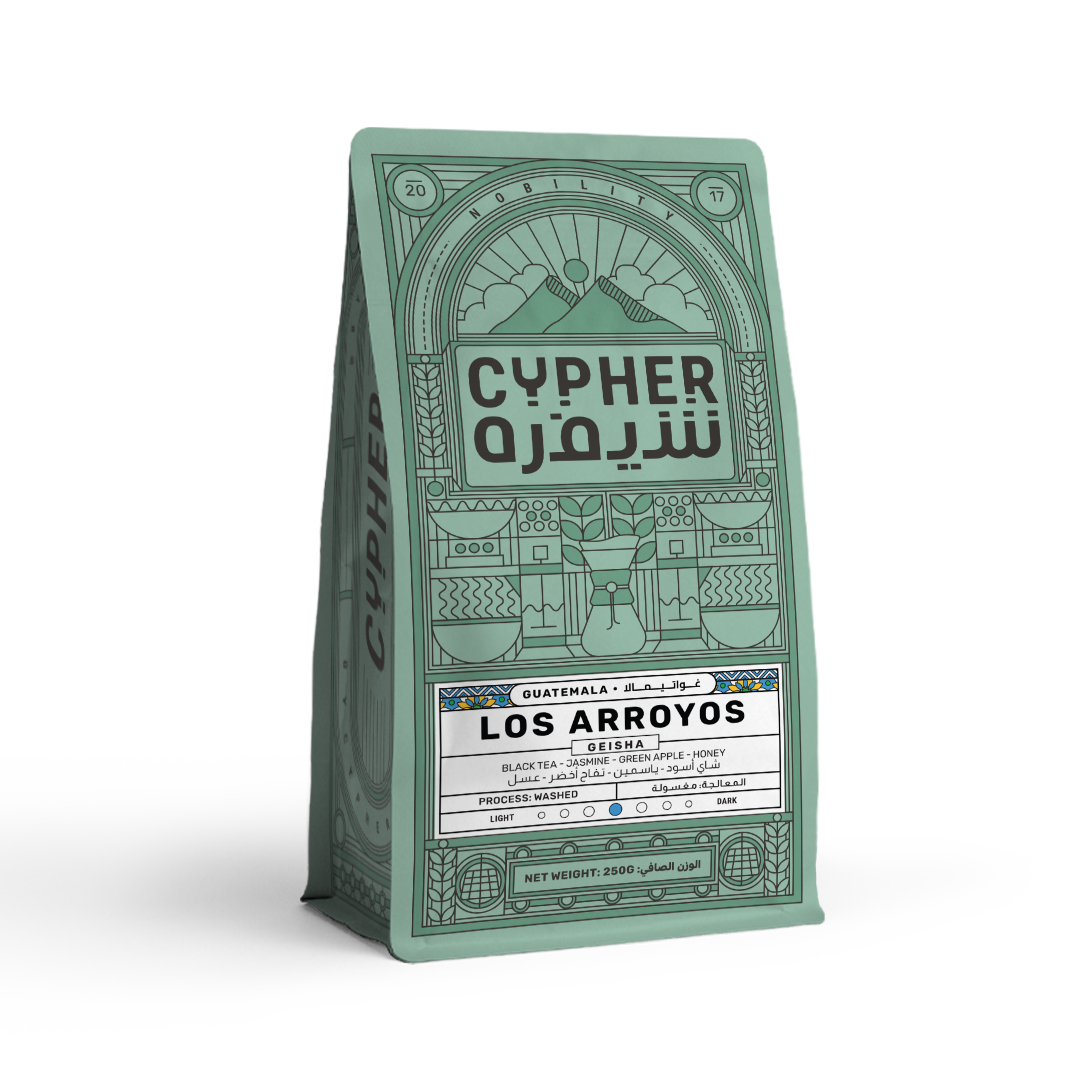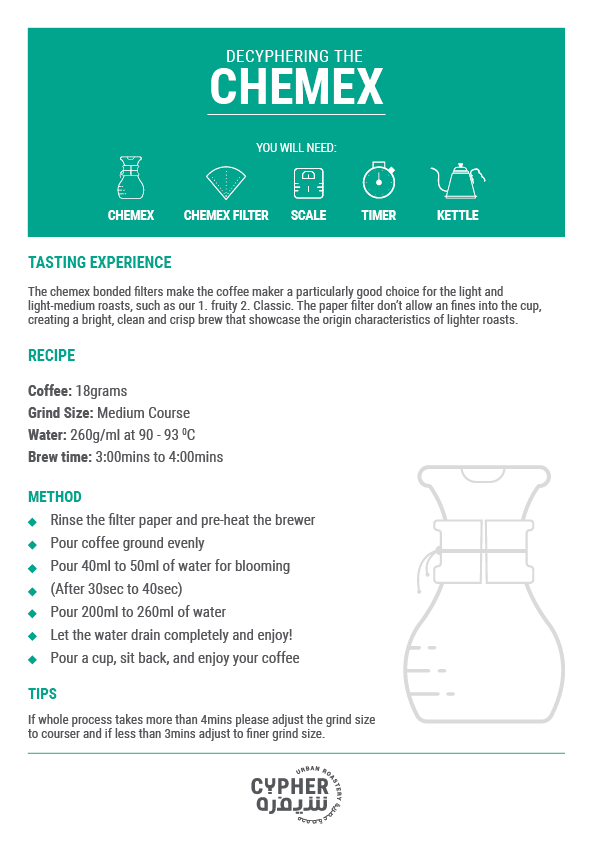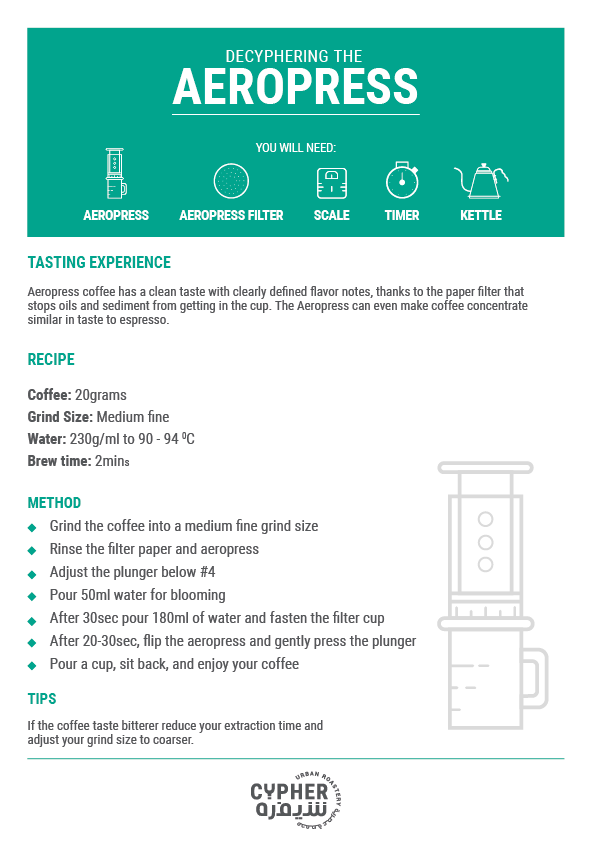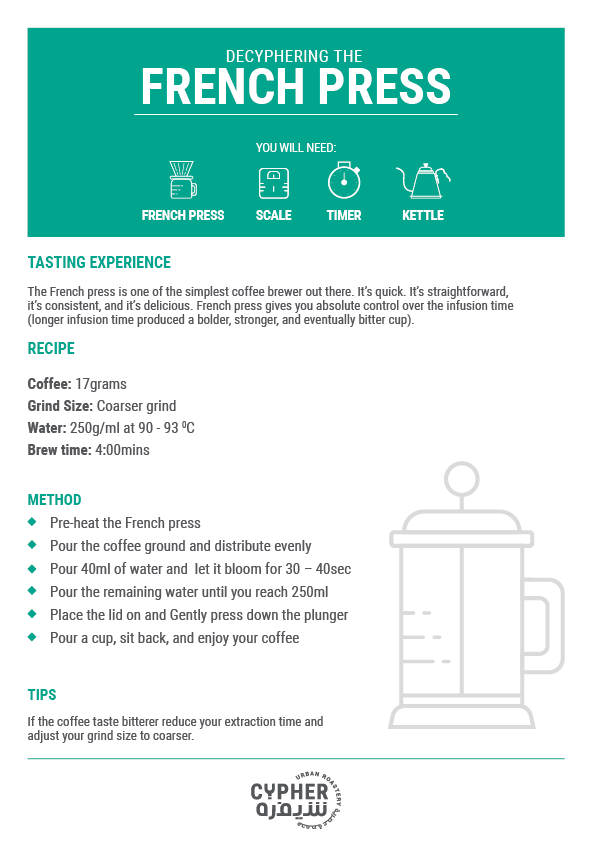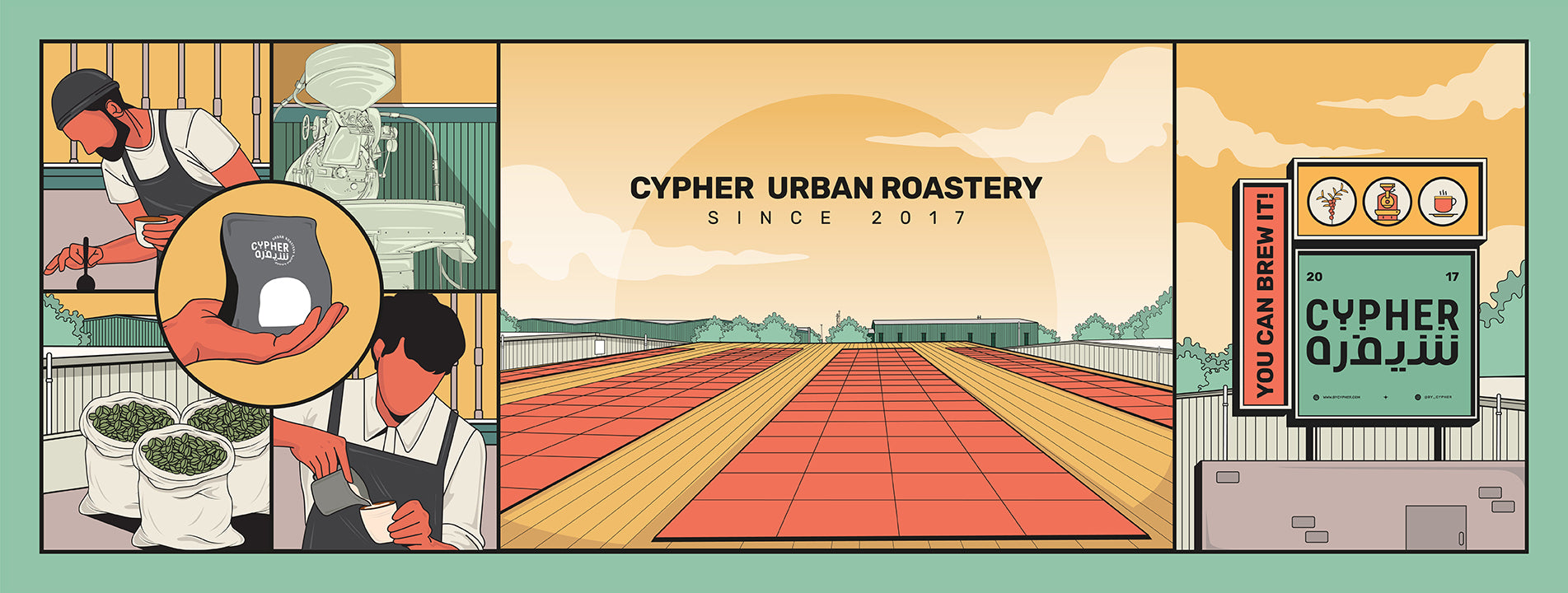The relationship between coffee, hospitality, and the Arabs is historic, intertwined and complex. It is said that coffee was first discovered centuries ago in the forests of the Ethiopian plateau. It was eventually cultivated for mass use in Yemen, and Arab traders were directly involved in the commercialisation of this lovely fruit. Today, one of the widest spread coffee species is Arabica which serves as a reminder of the historical relationship between the Arabian Peninsula and coffee.
The Arabs pride themselves on their generosity and hospitality and with time, coffee has become one of the main tools that defined Arab hospitality. East to west, north, and south, as a guest within the Arab world you will almost surely be served coffee. The differences in how it is prepared and served reflect the mosaic of cultures and peoples, which make up the Arab world. In the Levant, it is roasted darker and brewed in an ‘ibrik’ as Turkish coffee, while within the GCC countries it is often roasted lighter and brewed with cardamom.
The dynamism between hospitality and the Arabs is noticeable within the hotel industry, especially in the GCC countries. Hotels in Dubai are widely recognised to be among the best in the world with a reputation for world-class hospitality, service and quality products.
Compared to other regions in the world, food and beverage offerings at hotels play a more essential role as most of the restaurants in the region are typically situated within the grounds of a hotel (sometimes due to alcohol-related local regulations). This has created an opportunity for hotels to position themselves as the primary location for culinary experiences. As a result, this has led to a higher contribution of F&B revenue for hotels in the region relative to other revenue drivers such as room revenue.
These factors highlight the importance of F&B outlets within a hotel and the importance of not neglecting the quality of these products and services. A drop in quality will eventually impact the revenue potential and lead to a reduction in footfall and reputational damage especially in highly saturated hotel markets such as Dubai where the customer has many options. Customer retention and satisfaction is key.
In most cases for hotels, coffee ranks second to only alcohol in terms of beverage profit generation and in some cases actually lead in terms of levels of consumption. Within the region, there is a culture of conducting business meetings/deals within hotel lobby lounge cafés and usually, coffee is consumed within these settings.
Unfortunately, most of the coffee being served regionally in the hotels is of lower quality due to various reasons ranging from budget constraints to poor staff training.
Further exasperating the situation is the structure of the supply agreements between coffee suppliers and hotels. The typical scenario usually entails espresso machine distributors/suppliers signing contracts with hotels where they commit to supply the coffee machines for free in return for a commitment from the hotels to purchase the roasted coffee from them exclusively at a specified price per kilogram over a period of time.
Since the machine supplier has to recoup their investment from the machines, which they supplied for free, they are forced to make their profits from the roasted coffee, which the hotel purchases throughout the term of the contract. Unfortunately, this leads to supplying lower quality coffee in order to ensure the supplier’s profitability.
For some hotels, this may be justifiable as they are willing to sacrifice coffee quality to save on upfront payments. This is very prevalent in hotels where the procurement department has the final say or at times where overall revenues in hotels are dropping and cost cutting is the priority. The issue is that there will come a time where cost reduction will negatively impact value added by these services and both the customer and the hotel will suffer as a result.
One solution to this problem is to continue the relationship with existing suppliers in free coffee locations but allow for variations in the supply agreement that paves the way for hotels to choose local coffee suppliers/roasters that provide artisanal roasted higher quality coffee in locations where coffee is sold (such as cafes) in order to justify these costs for the higher quality offering.
This will add value in three ways. First, the quality of coffee will definitely improve which will hopefully result in higher sales. Second, this will also positively contribute to promoting local production which in today’s environmentally aware market, is becoming more and more significant. Finally, this allows hotels to benefit from and participate in the speciality coffee culture which has been quickly growing around the world.
Consumers’ profiles and appetite are changing rapidly and in order to align your product and service offerings with market requirements, being proactive rather than reactive is critical to add value and help maintain your market position.


